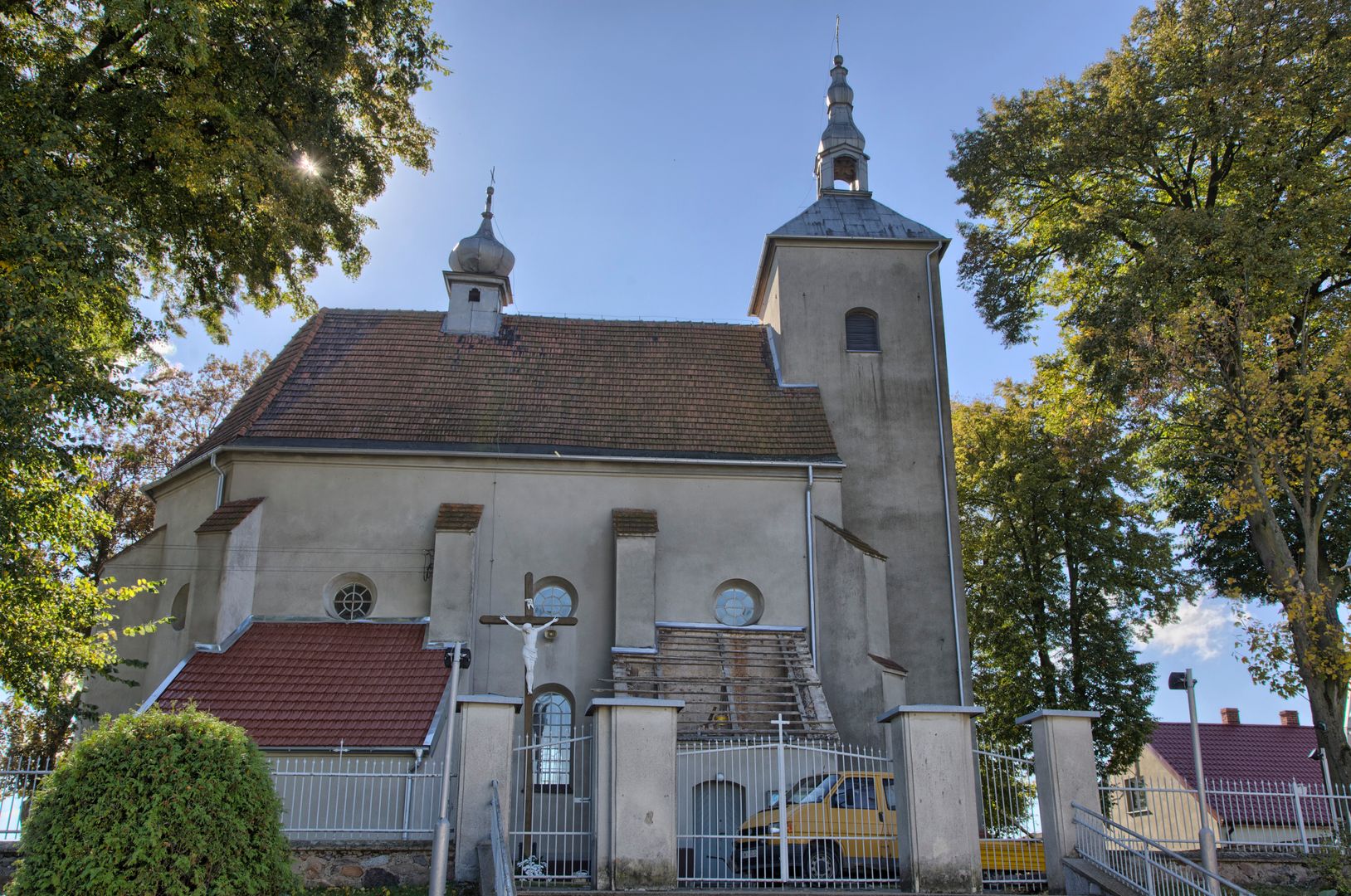Bailiffs
6.78

Overview
Komorniki is a village located in the Łódź Voivodeship, in the Wieluń County, with a rich history dating back to at least the 15th century. Initially, the settlement was associated with the Rudzka Castellany and later with the Wieluńska Castellany. In 1409, it appears in documents as a service village, and its inhabitants participated in the economic life of the region over the centuries. Komorniki was known for its manor farm and estate, which, after the bankruptcy of the Bąkowski family, was sold to Jews and later housed a border checkpoint. A significant event for the village was the establishment of an orphanage run by the Ursuline Sisters. World War II brought extensive destruction, and after the war, a State Children's Home was established here. Several notable figures are associated with the village, including Father Robert Fiszek, who worked for the Evangelical-Augsburg Church, and Father Bolesław Wysocki, who was murdered by the Germans. The Volunteer Fire Department was established in 1910 and celebrated its centenary in 2010. Architecturally, the Church of St. Nicholas, built in the 1630s with late Renaissance features, stands out. The church houses Baroque altars and epitaph plaques, and its interior is adorned with polychrome paintings. The village also has a notable event related to World War II: on September 1, 1939, a German soldier was killed in Komorniki, highlighting the dramatic fate of the village during that period. With its rich history and cultural heritage, Komorniki is an example of a settlement that has played an important role in the region for centuries.
Location
2026 Wizytor | All Rights Reserved